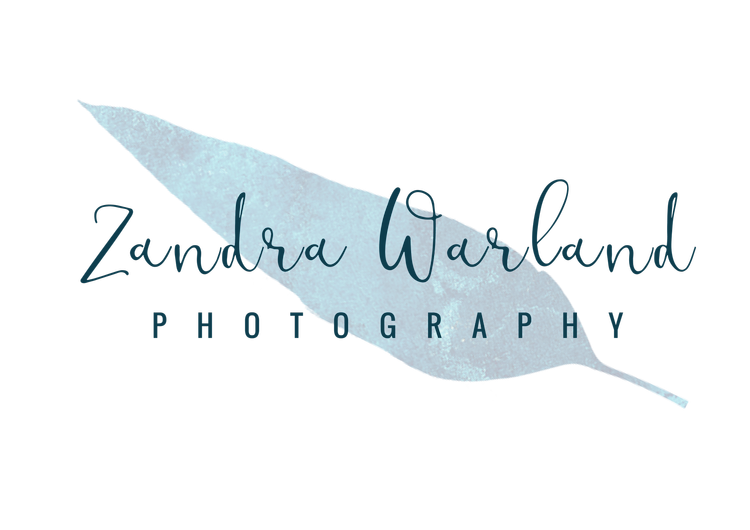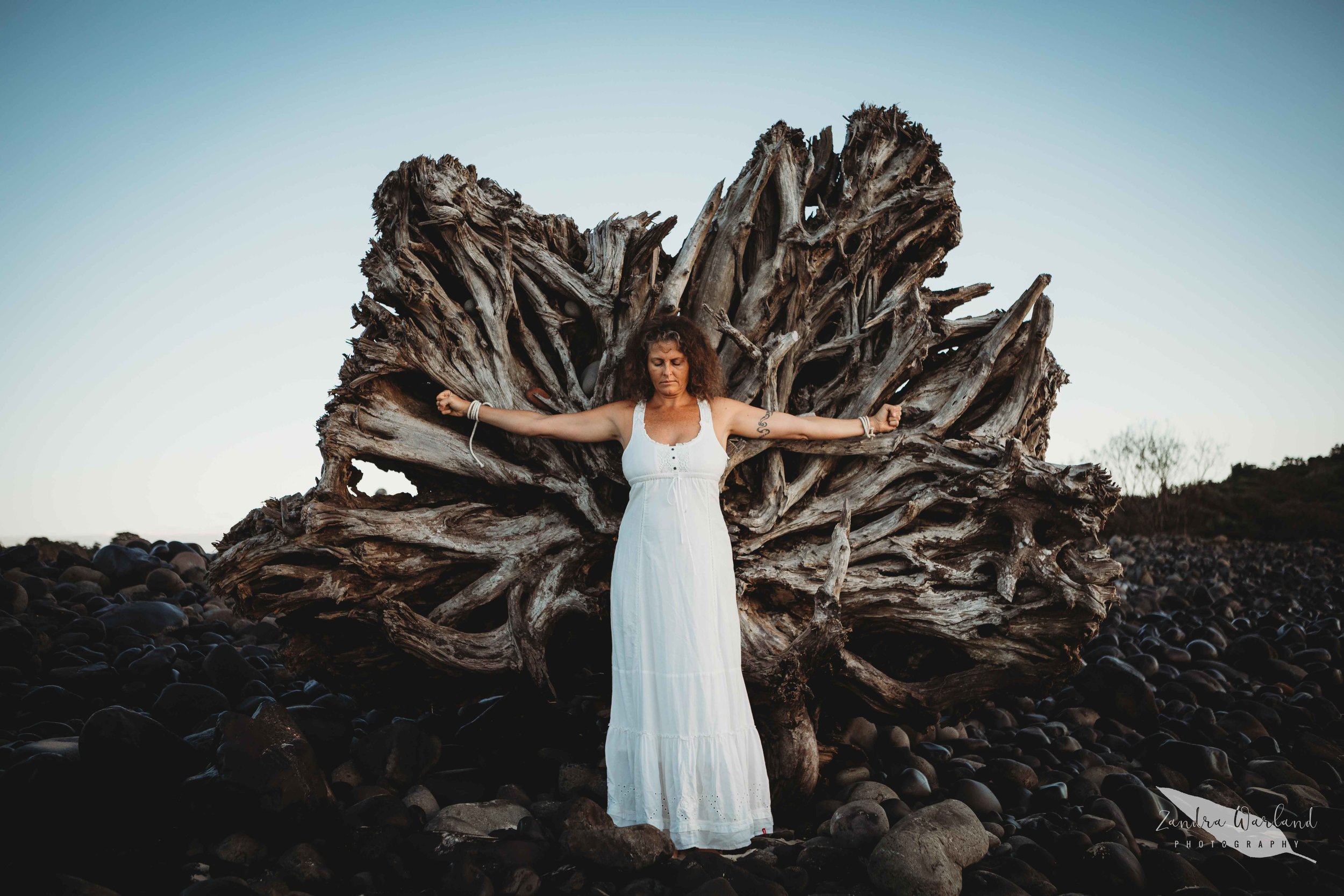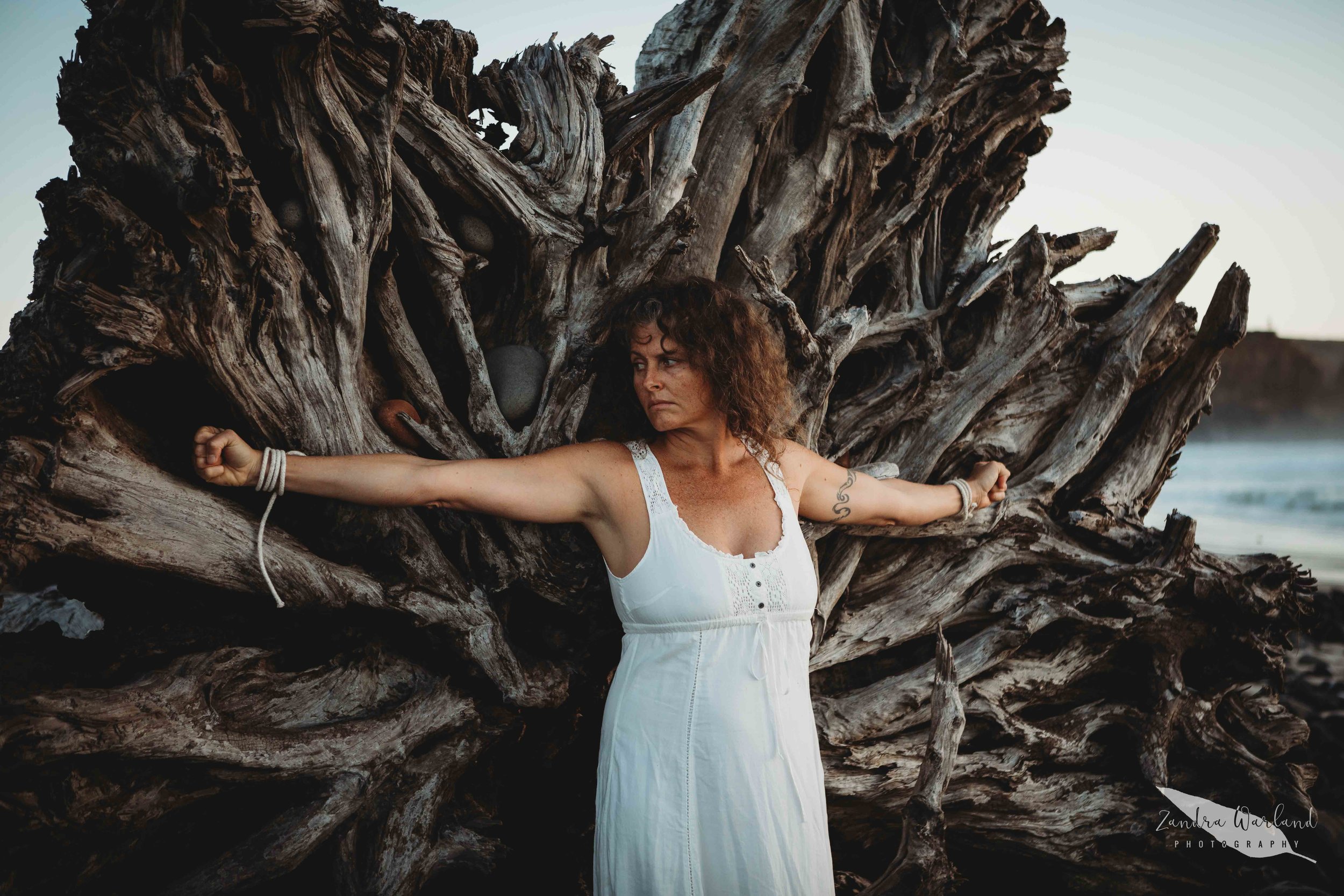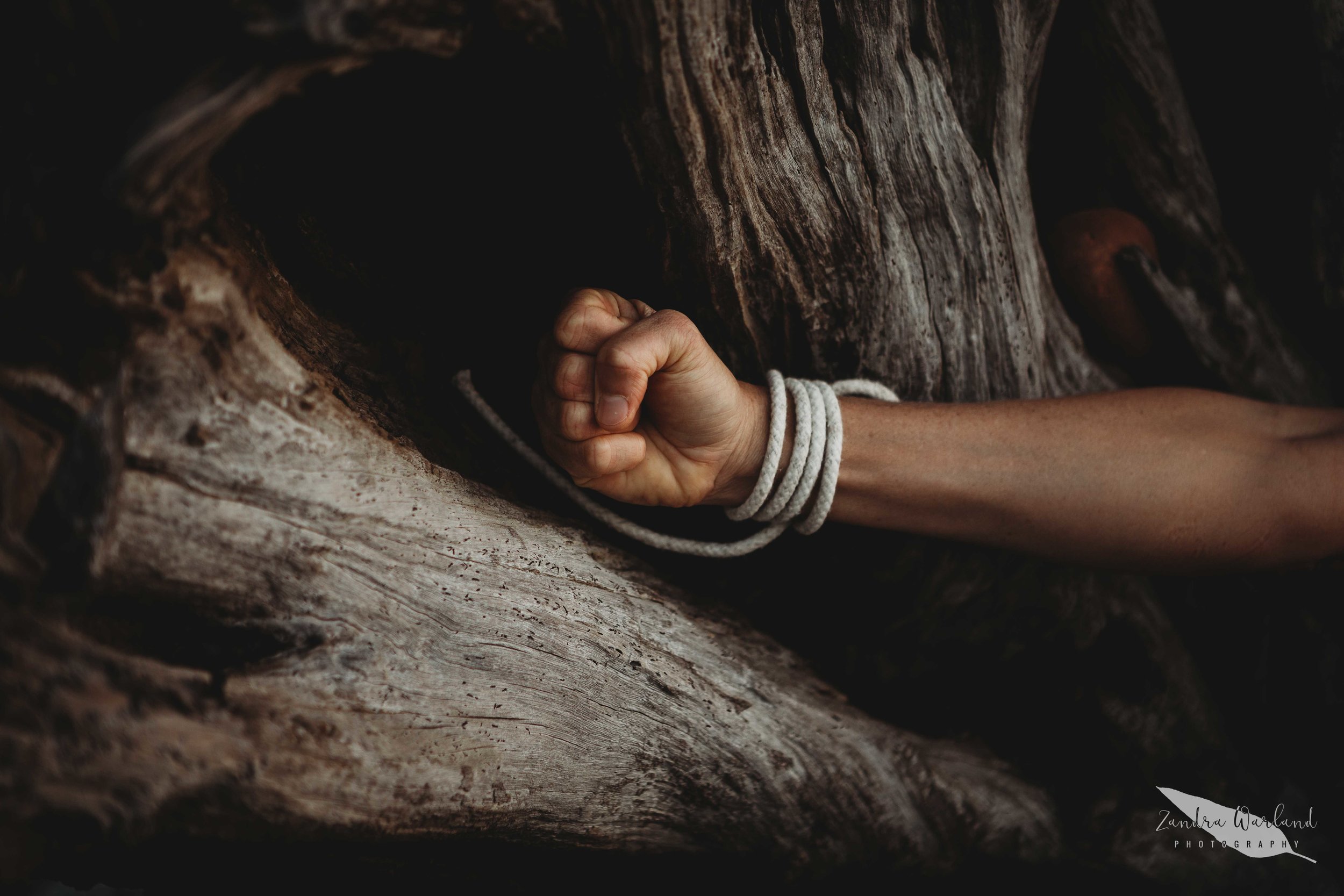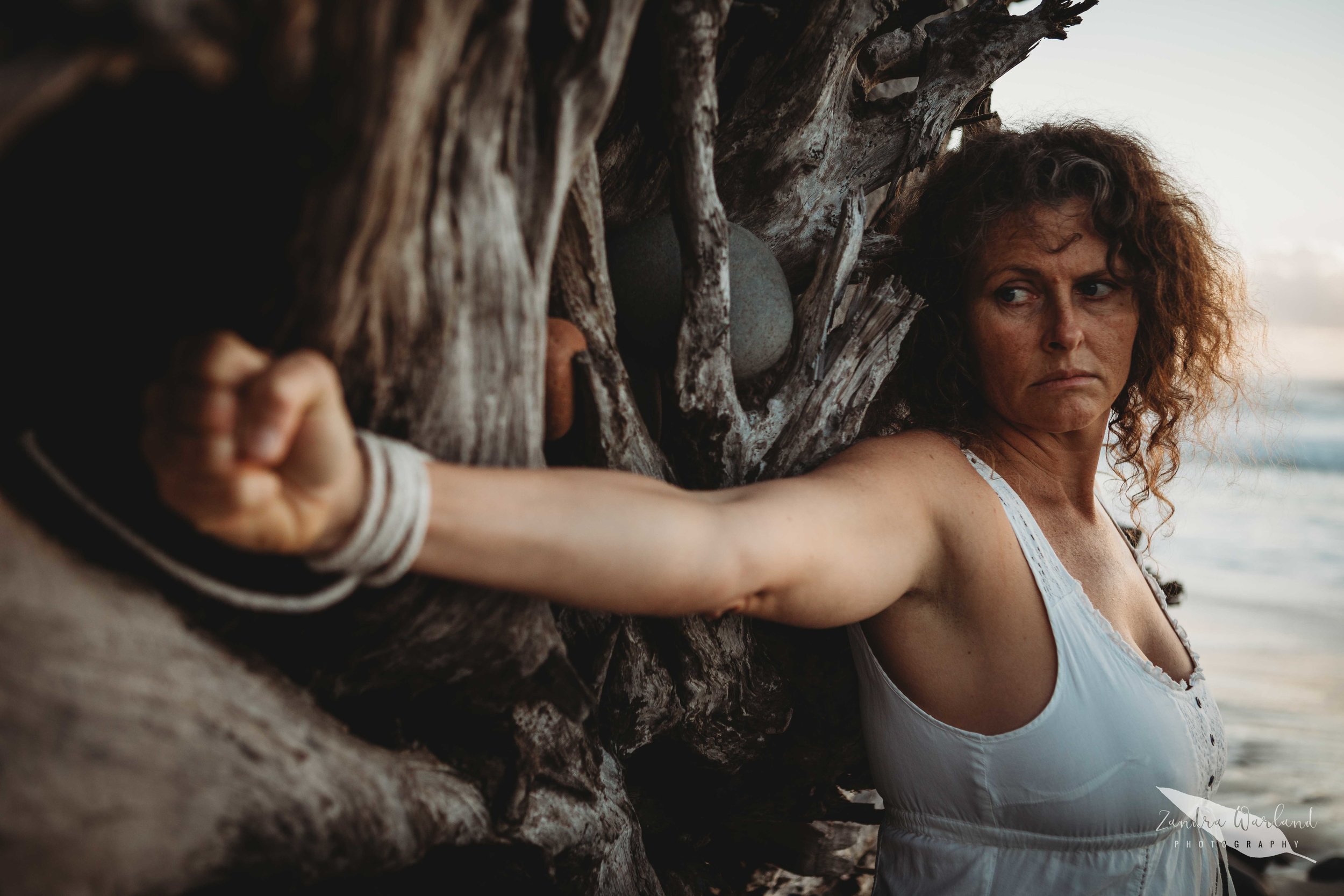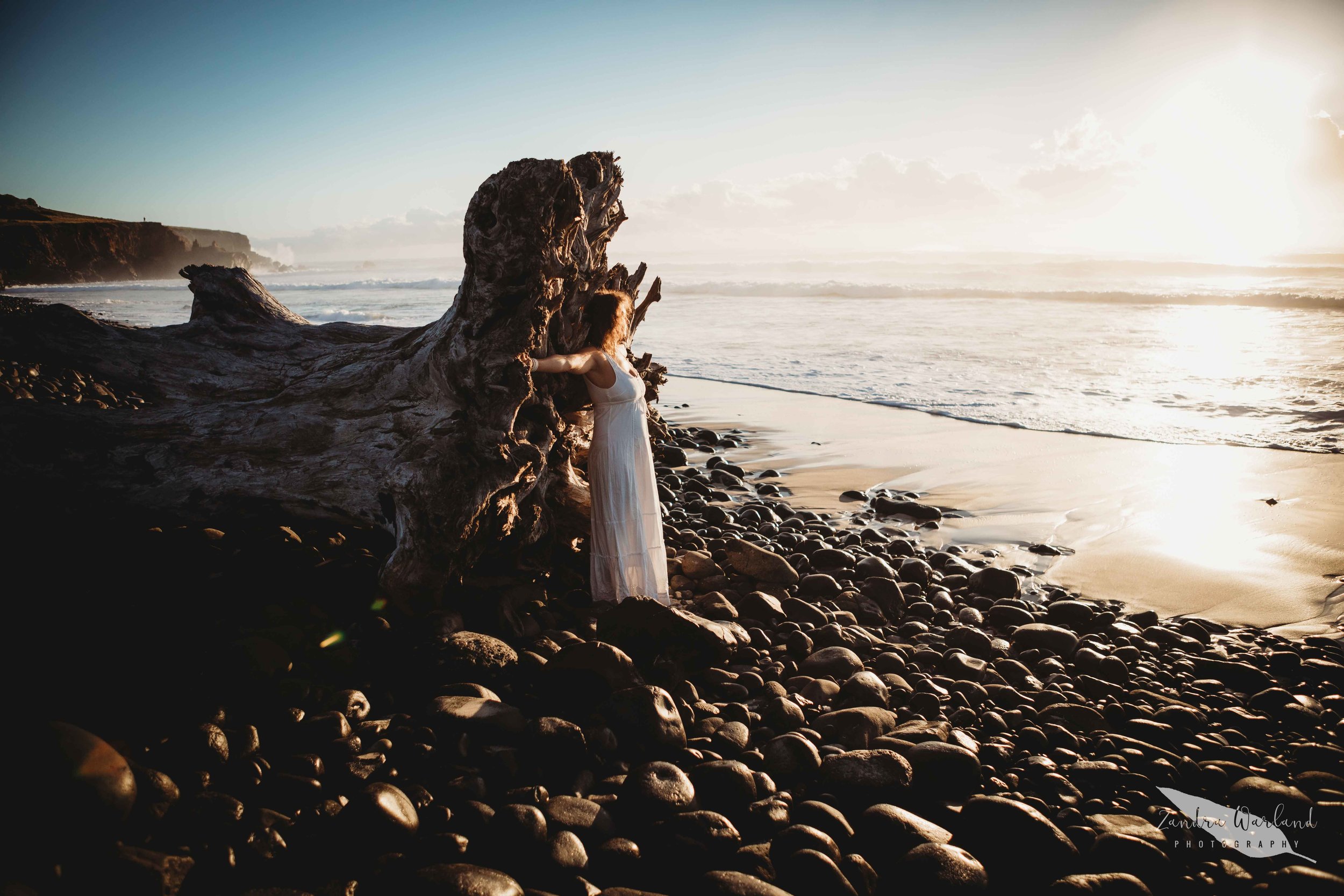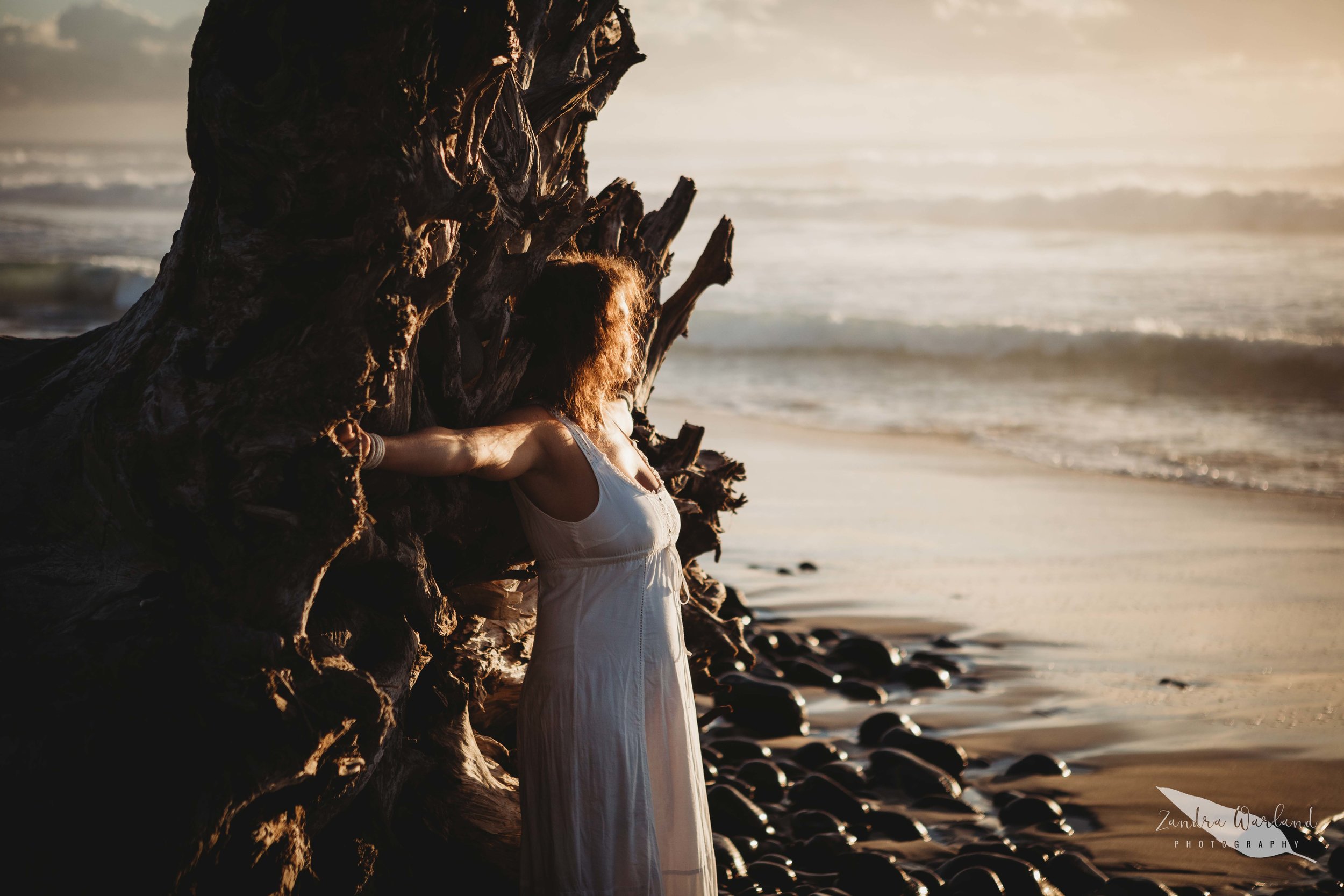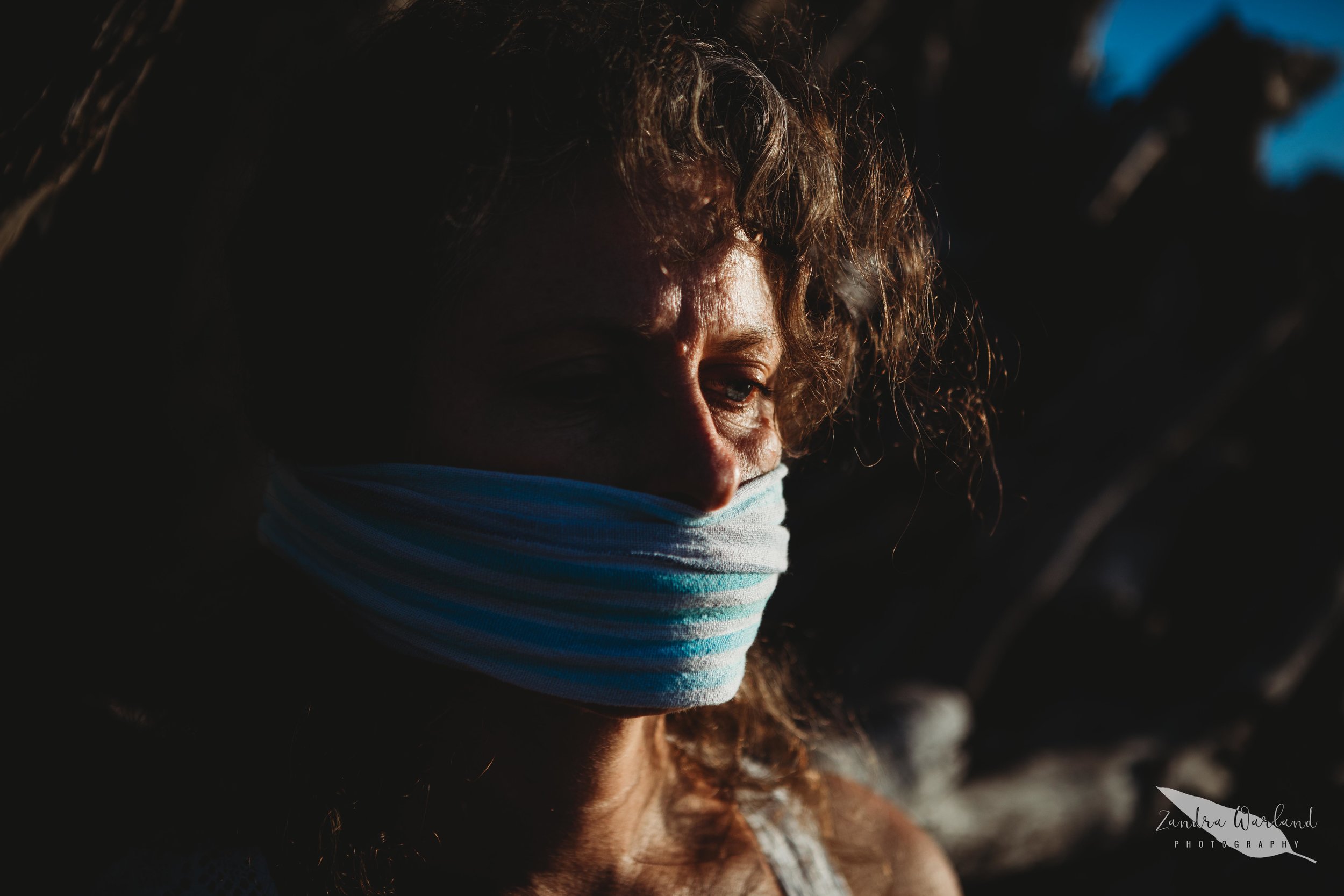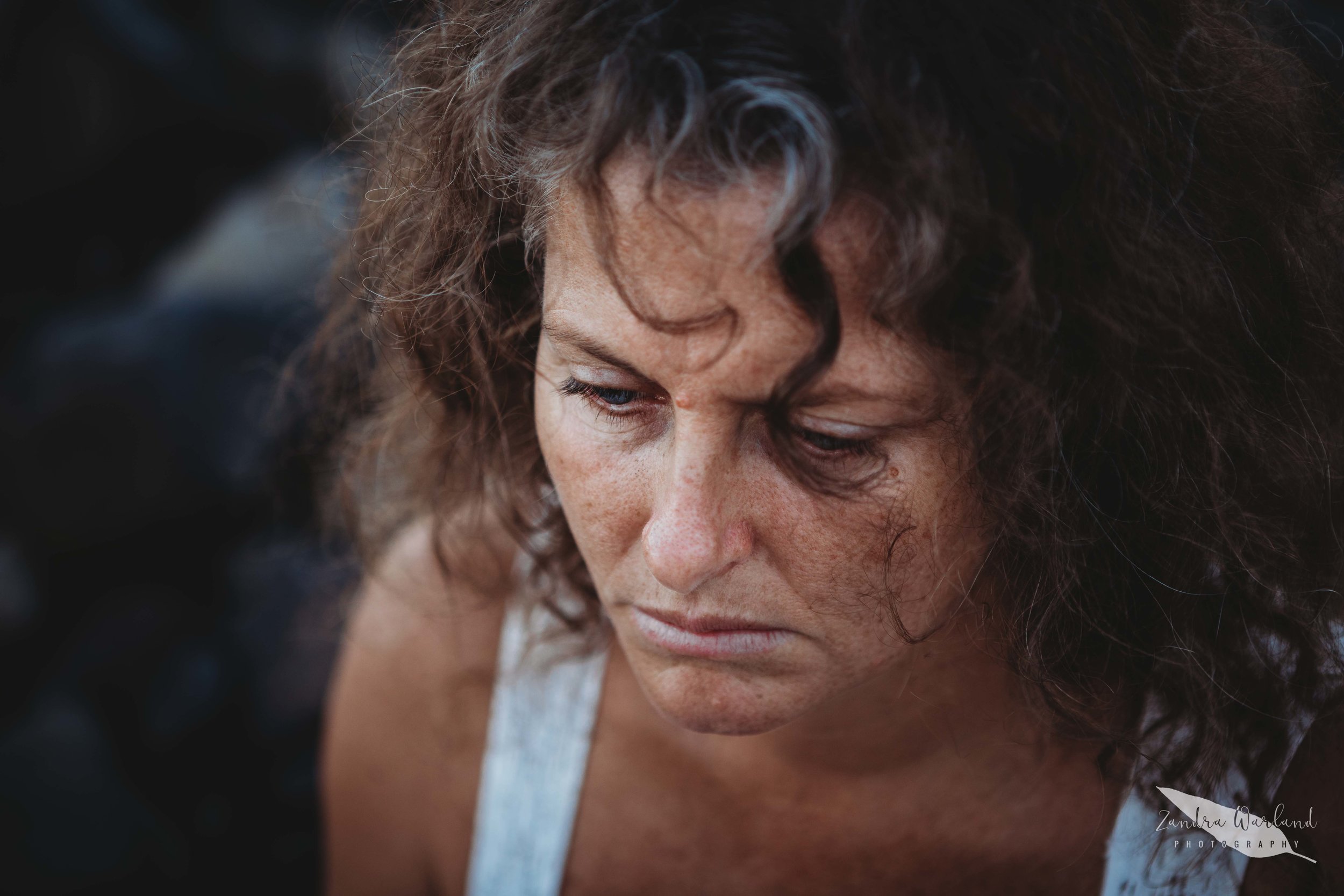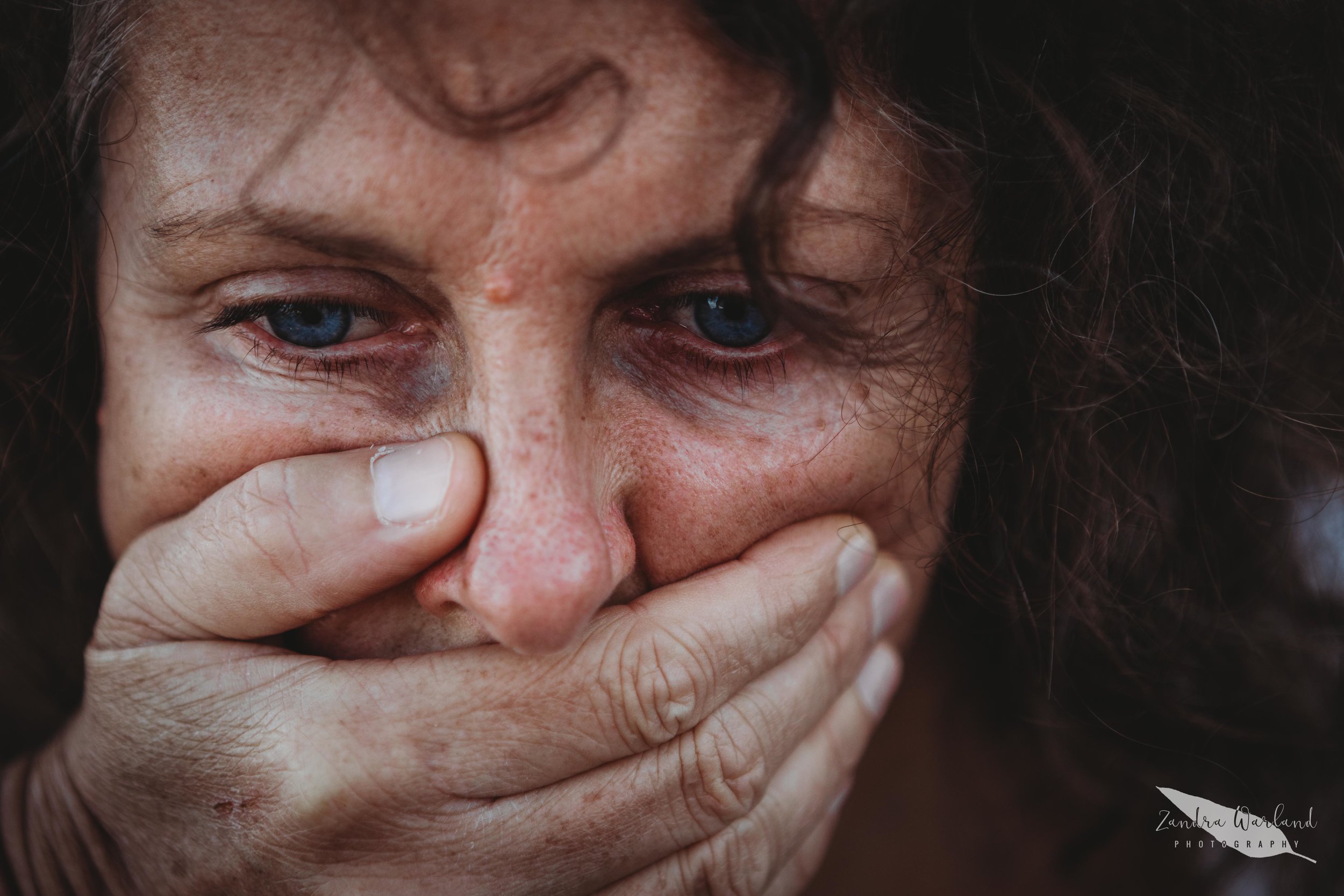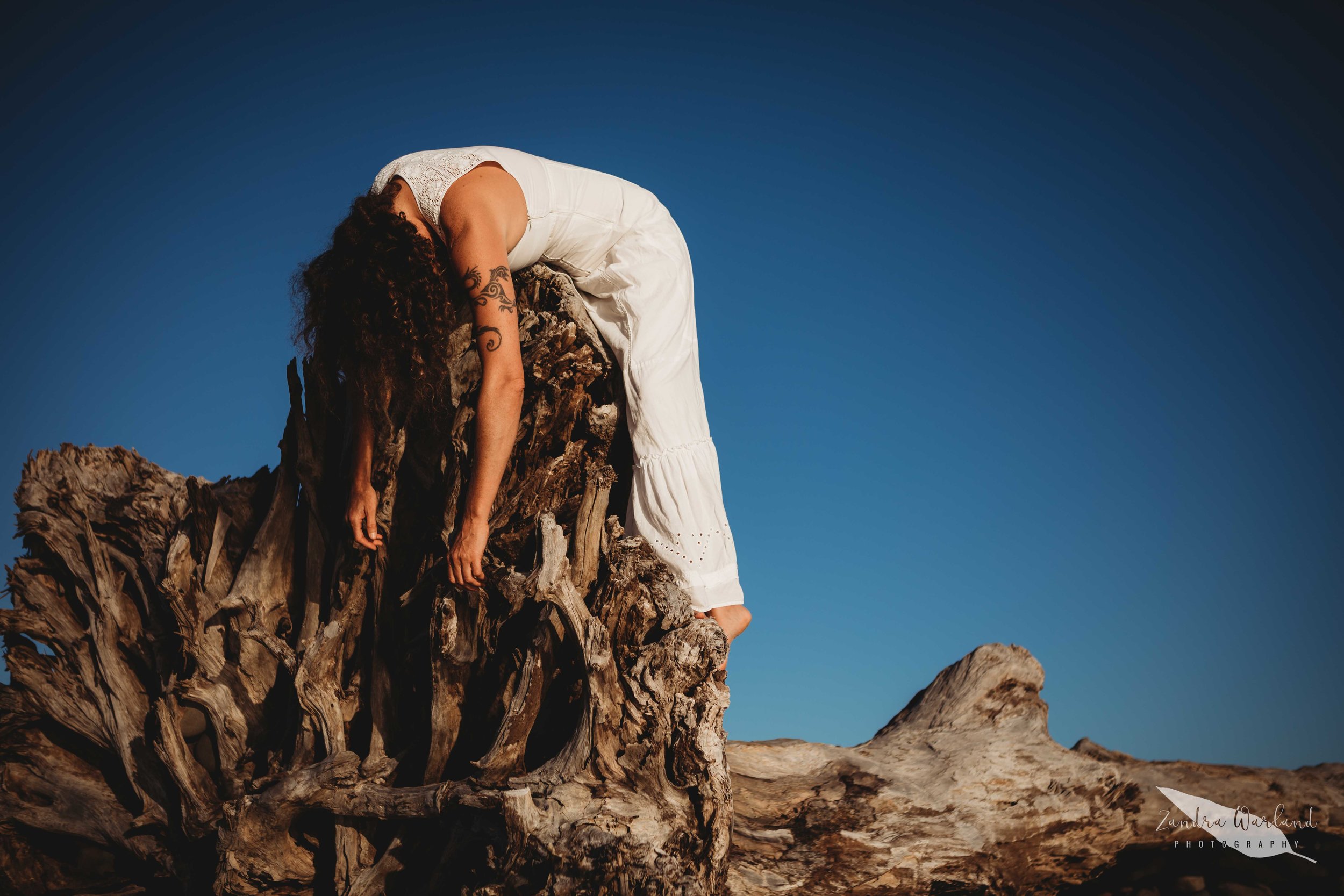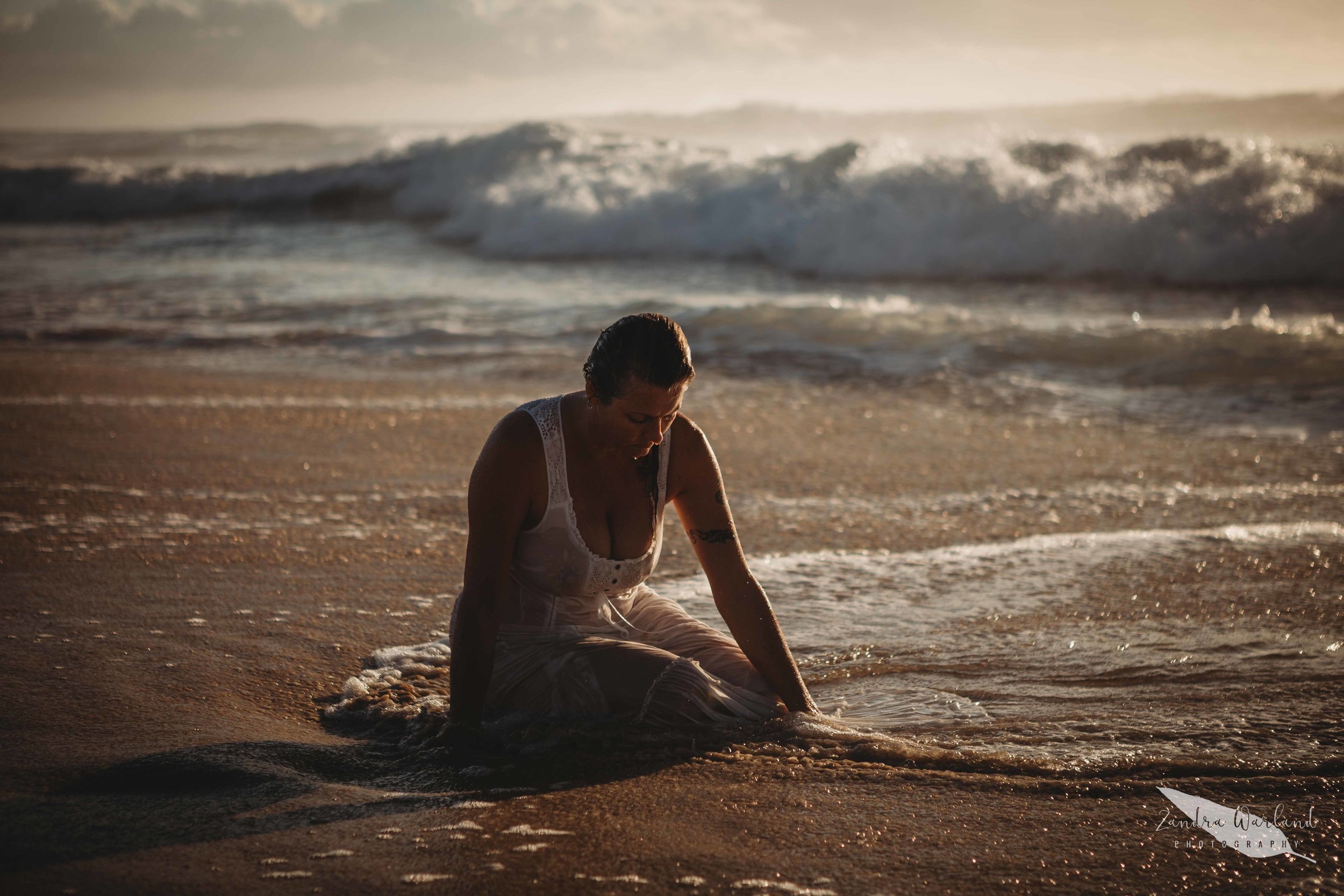Just like the #metoo moment, I want to start a conversation about abuse. Abuse can be very hard to identify at times, that’s why i’m hoping even people who don’t think they’ve been abused will read on, to check in, as it is so so common and often seen as normal. It is known that very often if we are abused as adults, we have been abused in our childhoods also.
The following words have been shared by abuse survivors who are on a journey of healing, wish to share a message of hope and to remain anonymous.
Abuse isn’t always easy to identify in our own childhoods. What did abuse look like in yours?
Person 1 - “It has been a difficult part of my journey to identify and understand the abuse I suffered in my childhood. It was very covert. I was never hit and always had my physical needs met in terms of food, clothing, toys, a good education etc. The abuse I suffered was that of emotional neglect. I had a constant feeling of not being seen, loved, understood, supported or cared for. I experienced very little physical affection from my mother, a codependent who I now understand to be very much consumed by her own pain. My father was an alcoholic whose behaviour would veer between charming and tender to cold and distant or rageful and verbally violent. Any emotional difficulties I experienced, I experienced alone. To show emotion or need emotional attention was looked down upon and I had the constant feeling of being “too much” and unlovable due to this.”
Person 2 - “My abuse was physical and emotional absence from both parents, emotional abuse in the form of my feelings not being welcome or allowed to be felt. As well as feelings being shamed and labelled as wrong. I was spiritually abused as I was never allowed the opportunity to form a relationship with a higher power and instead my parents became my higher power. There were also sexual boundaries crossed in the form of inappropriate staring and sexual objectification.”
Person 3 - “The obvious abuse was from my older brother who was an aggressive bully and punched to get his way. I experienced insecure attachment as a child and feelings of abandonment from the common practice of leaving a baby to cry in a cot in a room by myself. My workaholic father was a Holocaust survivor and generally passive/aggressive and unavailable, and my mother was a secretive sex-addict, and a stoner after she left my dad. My father disconnected from our lives when Mum left him, and is currently available only on his terms. I always felt my worthiness was always based on what I could do for others. There is also a sense that the trauma and abuse from the second world war is part of my inheritance.”
Person 4 - “The emotional abuse started as a very young child by being conditioned as a parentified child. Adults should only seek help from other adults, never children. Seeking emotional help from a child on a regular basis, is abuse. Often adults in pain, as a result of their own trauma as children, who have not dealt with or healed themselves, look to their children to caretake them. The definition of a parentified child, is when a child takes on the role of parenting their own parent.“
Bethany Webster - “Often a parentified daughter must grow up very fast and loses the chance to be a child, as she is expected to manage the emotional and/or physical needs of her mother and/or father. This kind of dynamic sets up the daughter for low-self-esteem, poor boundaries, a deep sense of shame and co-dependent relationships. Often these daughters grow up to be high-achievers and/or emotional care-takers (among other patterns). Major challenges for these women can be self-care, self-compassion and self-love.”
It can take people a long time to realise they have been abused. When and how did you come to realise there was abuse present in your childhood?
Person 1 - “Through my recovery work and weekly therapy I have gradually started to separate the reality of my experience and feelings from the “PR story” my family created and that I had believed and also parroted throughout my life. The “story” was that we were very well to do, very loved, supported and that my parents worked tirelessly to give us all we needed to be happy. It was incredibly confusing for me to look at things from another perspective and see that growing up without experiencing love, any physical affection, support throughout my childhood, teens and today was something to be grieved. I began to understand that on a very deep level this emotional neglect had created in me a false knowledge that I was not worthy of love, that I was not worthy as a person, at all. I began to see what a healthy and loving parent child relationship looked like and grieved the absence of that in my life and the spiritual deficit that created in me - a god shaped hole I constantly looked to fill with the love of others, and at times, substances and other addictions.”
Person 2 - “The last couple of years in my mid thirties I have become more aware of the abuse after my marriage almost broke down completely I finally began to look properly into my history via therapy and a 12 step program.”
Person 3 - “I started practicing Yoga in my early twenties and it seemed to unlock psycho/emotional pain that caused great confusion and depression, and led to overeating and Bulimia. I slowly, over many years of effort in different healing modalities, came to realise that this was trauma and grief suppressed from childhood. I'm still unraveling it.”
Person 4 - “I did not understand I had been emotionally abused until I was into my early thirties. It came as a huge shock after being told repeatedly by my therapist that what I had experienced was abuse and it finally sinking in.”
How has this abuse translated into future relationships?
Person 1 - “Not loving myself and not believing myself to be worthy of love has meant that I have sought out relationships with those who were unable, and unavailable to love me. It has cost me intimacy, I cannot experience intimacy and trust in a relationship because I fear rejection and hurt in the same way that I experienced that from my parents. I do not know how to be intimate, or give affection because I have never experienced it. I feared being “found out” as a person less worthy, so relationships would usually disintegrate after a time due to a lack of intimacy, my attempts to control another person (as I saw them as an extension and reflection of me) or my deliberate sabotage to prove to myself the truth - that I am incapable and undeserving of being loved and somehow saving myself more pain in the future. At my worst I was mad, and completely unmanageable. Numbed out and unable to identify strong feelings such as anger, feelings I was not allowed to have growing up.”
Person 2 - “My destructive patterns from childhood often dictate my behaviour in relationships and can lead to a whole lot of un-manageability ranging from tantrums to rage attacks.”
Person 3 - “I was generally drawn to dysfunctional, damaged men who looked or behaved like my father, or were stoners like my mother. I was in a 16 year marriage to a narcissistic man and then got involved with an alcoholic.”
Person 4 - “I have learned abused children develop ways of coping and often end up codependent. Codependency is a deeply rooted set of compulsive behaviours that can only be healed through extensive work. The behaviour of my parents was something I grew up thinking was normal and when I got into relationships as an adult came to expect this poor behaviour from the Men I was with. I didn’t believe I was worthy of anything more, my self worth and self-esteem was extremely low. I have also put up with abusive relationships because I was too scared of being alone and abandoned, the feelings that haunt me from my childhood.”
Before you found the path to healing, what coping mechanisms did you use for the emotional pain you were in?
Person 1 - “Heavy use of ecstasy in my twenties and later alcohol to numb out and relax. Self medicating with painkillers and sleeping tablets. Dermatillomania (skin picking). Social Media. Excessive working.”
Person 2 - “Alcohol was my number one as well as lots of distractions focusing and engaging on other people’s drama and lives so I didn’t have to look at my own pain. I also took part in spiritual bypassing in the form of meditation and energy healings which made me feel high and good for a few hours.”
Person 4 - “I was a binge drinker in my teenage years and always seeking the attention of guys to fill the painful empty hole inside me, I’d often accept sex instead of love. Later in my 20’s I used recreational drugs as a way to have fun and numb my pain. These days food and screen time are my go to for numbing out and not feeling my feelings. I am grateful i am aware of this and I know as I get further down the healing journey I will get better at these things.”
How do we stop the cycle? READ PART 2 OF THIS BLOG HERE
If you have been effected by reading this blog, please know there is help available to you and developing a support network is crucial to moving forward.
Call life line: 13 11 14
Get to a Codependency meeting near you: https://ozcoda.webs.com/meeting-details
Connect with Adult children of Alcoholics / Dysfunctional Families - https://adultchildren.org/
Alcoholics anonymous - https://aa.org.au/
Overeaters anonymous - https://oa.org/
Help with substance abuse, Narcotics Anonymous - https://www.na.org.au/multi/
Sex and love addicts anonymous - http://www.slaa.org.au/
